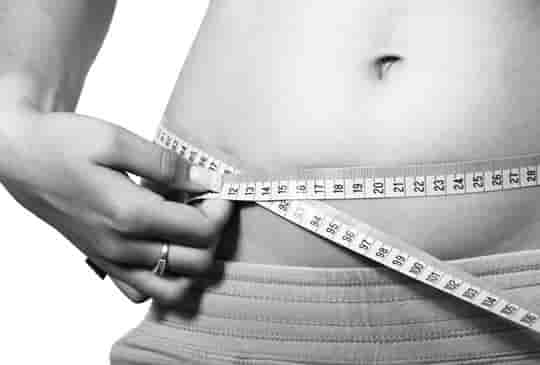Overall diet quality is more important for weight loss than counting calories.
Eating more fruits, vegetables, nuts, yogurt and whole grains is linked to weight loss, research finds.
To prevent weight gain, people should eat more minimally processed foods in general.
Weight gain is linked to foods like starches in potatoes, refined grains such as white bread, white rice and breakfast cereals that are low in fibre.
To lose weight, reduce habits like watching TV, increase exercise and leave more time for sleep.
Between 6 to 8 hours is best for sleep — longer or shorter is linked to weight gain.
Overall diet quality is more important for weight loss than counting calories or focusing on total fat or energy density, the researchers concluded.
Dr Dariush Mozaffarian, the study’s first author, said:
“An average adult gains about one pound per year.
Because the weight gain is so gradual and occurs over many years, it has been difficult for scientists and for individuals themselves to understand the specific factors that may be responsible.”
The research included 120,877 people who were tracked for 20 years.
The results showed that, on average, people gained just over 3 pounds every four years.
This meant that over 20 years they had put on almost 17 pounds, on average.
However, the study revealed that certain foods were linked to more weight gain.
Potato chips, sugar-sweetened drinks, meat and potatoes were linked to more weight gain.
Those eating more fruit, vegetables, whole grains and nuts, though, put on less weight, despite eating more.
Professor Frank Hu, study co-author, said:
“These findings underscore the importance of making wise food choices in preventing weight gain and obesity.
The idea that there are no ‘good’ or ‘bad’ foods is a myth that needs to be debunked.”
Relatively small changes all add up over the years, said Dr Mozaffarian:
“Small dietary and other lifestyle changes can together make a big difference – for bad or good.
This makes it easy to gain weight unintentionally, but also demonstrates the tremendous opportunity for prevention.
A handful of the right lifestyle changes will go a long way.”
The study was published in the New England Journal of Medicine (Mozaffarian et al., 2011).

